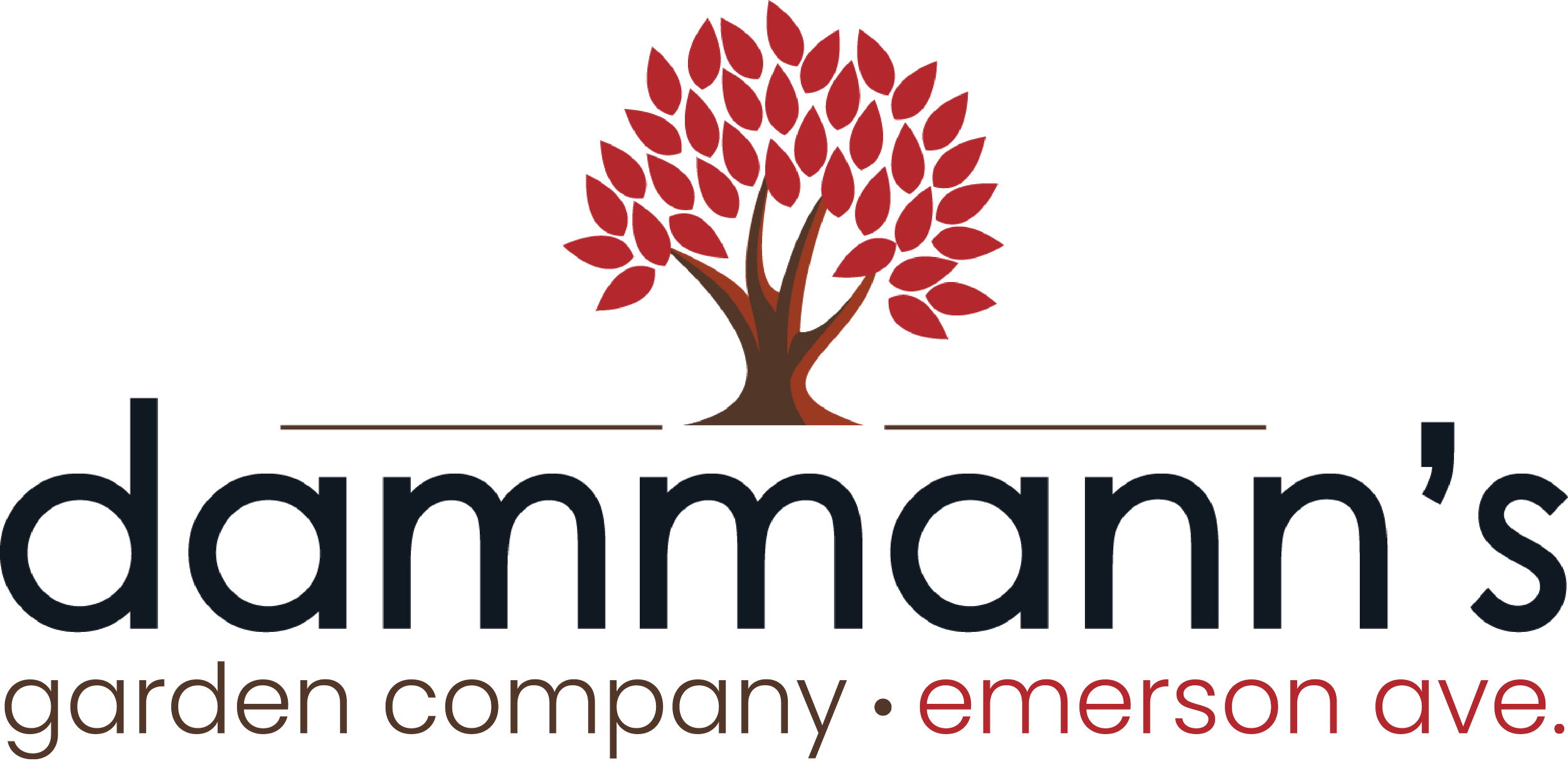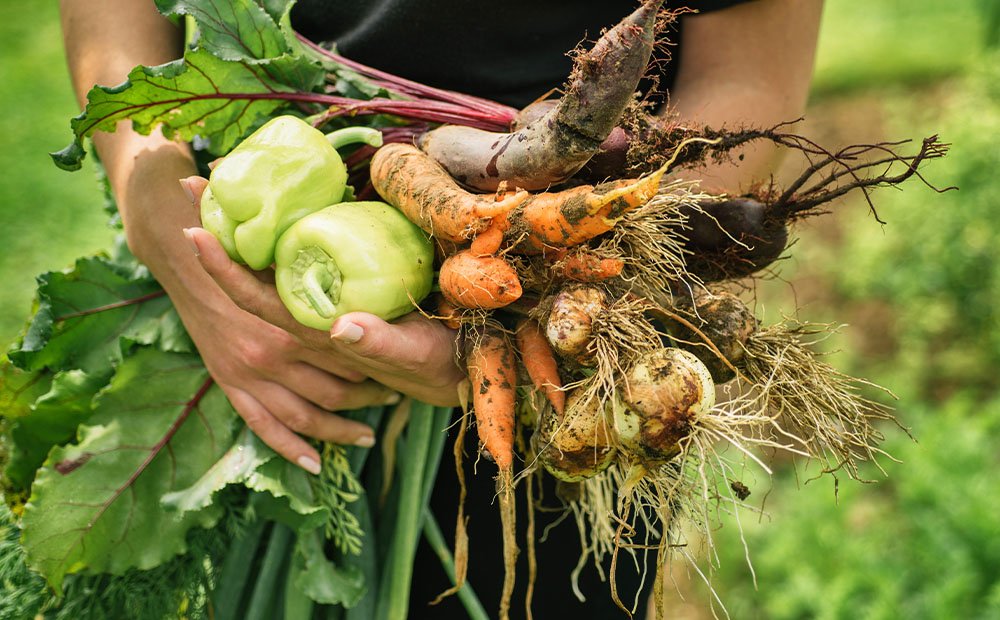WHEN TO HARVEST YOUR FRUITS, HERBS, AND VEGETABLES FOR BEST QUALITY
It's that part of the summer when it's time to start thinking about harvesting your crops. Knowing when the perfect time is can be difficult, so we've prepared a guide to show you the tell-tale signs of when your crops are ready for the picking.
Is It Better to Harvest Too Early or Too Late?
If you don't harvest vegetables at the correct time, physiological processes occur that permanently change their taste, appearance, and quality. Too early of a harvest may result in lower yields, while too late of a harvest will result in poor quality from developing objectionable fiber and converting sugars into starches. Delayed harvesting can cause plants to terminate as they complete their reproduction process. As a result, it's always better to harvest just in time, or a little earlier, rather than later.
5 Signs That Your Crops Are Ready for Harvest
Ripening time varies with certain vegetables, but there are some sure ways to know that your vegetables are ready to harvest just by looking at them.
Skin Color
Shape
Size
Leaf Changes
Vegetable Harvest Times
Winter Squash
You will know your squash is ready for harvest when you can press your fingernail through the flesh with a little difficulty. If you can pierce it easily without pressure, the squash is still too early to be picked. Summer squash harvest stretches out as squash ripens throughout the season. However, winter squash harvest happens all at once, usually in late summer or before the first frost in autumn.
Tomatoes
Harvest tomatoes when they are fully green and can continue to ripen on the vine. Harvesting at this stage deters chances of your tomatoes splitting and bruising and allows for a decent level of control over the ripening process. A tomato ready for picking should be generally firm but have a little "squish" when pressed gently with a finger. The maturation of tomato fruits takes six to eight weeks after pollination.
Herbs
For harvesting your herbs, only pick ⅓ of the leaves from a herb plant at a time. Pinch off the flowers from your herbs so they'll direct their energy towards producing more tasty leaves instead. Preserve your herbs by drying them or blending them with vegetable oil and freezing them in ice cube trays. All herbs are different, but you should ideally begin harvesting the herb when the plant has enough foliage to maintain growth.
Berries
You will want to harvest your berries when they are rich in color but still firm, during late spring to early fall, depending upon variety. Berries are ready 4 to 6 weeks after blossoming, with harvest lasting up to 3 weeks. Make sure to pick only ripe berries before they get mushy, repeating this process every other day or so. Berries grow best in acidic soil and are best harvested in the morning so they don't over-ripen in the sun.
Carrots
Most carrots are ready to be harvested about 50-80 days after sowing seeds. You will know they are ready for the picking once you see vibrant orange and the tops are thick and bright green. If you're hesitant, pull one of your carrots out of the ground to observe its size. If it's too small, let them sit for a bit longer; if it looks ready, rinse them off and enjoy!
Sweet Potatoes
Planting sweet potato varieties in the garden can take between 95 and 120 days to be ready for harvest. A good indicator that they are ready is when the plant leaves turn slightly yellow. Though delicious right after harvest, sweet potatoes get their true flavors as they cure. The starches in the potato turn into sugar as they sit, intensifying the buttery sweet flavor.
Does The Time of Day I Harvest Matter?
Harvesting at the correct time of day is imperative to the quality of your fruits and vegetables. Early-morning harvests of vegetables tend to be sweeter, crispier, and juicier than those picked later in the day. Sweeter vegetables make sugar during the night by transforming the starches they produce during the day into sugar. The best vegetables are harvested early in the morning.
Visit us at Dammann's Garden Company in Indianapolis for more tips on achieving a perfect, quality harvest for all of your crops!






